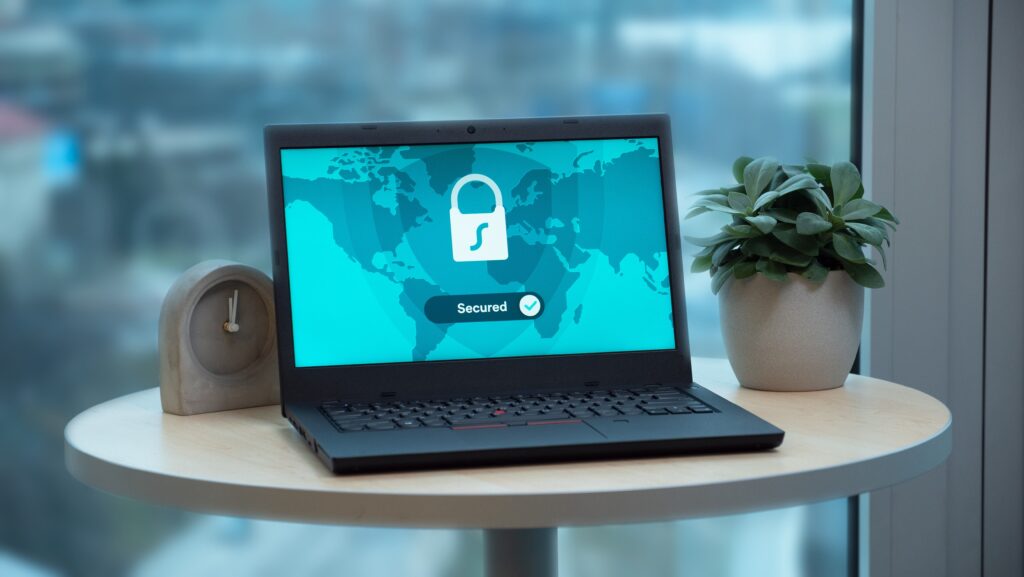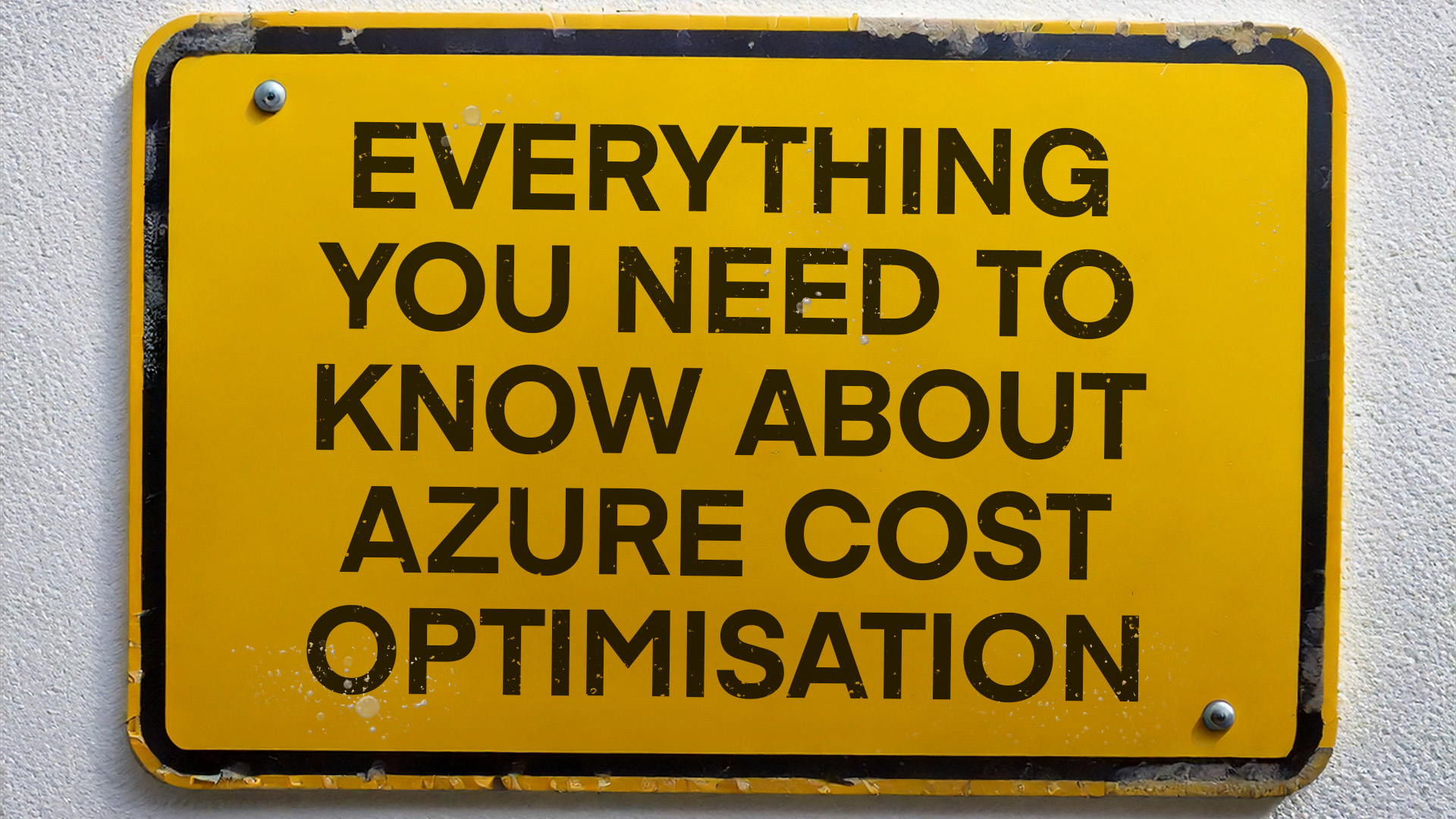
When you or anyone at your business is browsing the internet, downloading files and reading emails, you are constantly at risk. It’s a scary thought, we know. However, the unfortunate truth is that a cyber-attack can come from anywhere. It could be embedded in an email or even inside an advert on an unscrupulous website. So, what can you do to protect your business online from cyber threats? Here are a few cyber security tips to keep you safe online.
10 Cyber Security Tips to stay safe online
1. Keep passwords long and strong
Although it can seem like the whole world wide web is against you, it’s not. It’s a revolutionary tool that has changed the way we work and connect with each other. Unfortunately, there are a few bad eggs that ruin it for the rest of us.
However, sometimes we ruin it for ourselves. For instance, we do ourselves no favours by using easy-to-crack passwords such as ‘password123’. Your data might as well be printed on a billboard. Unsurprisingly, the Cyber Crime Reduction Partnership recently announced that poor passwords are the number one cause of data breaches.
So, if you want to keep everything safe and secure, it’s time to get that grey matter going. Our first and most simple of the cyber security tips is thinking up a password that ideally contains 8-12 characters or above, uses a combination of letters and numbers, and places them in a random assortment, you’ll be well on your way to cyber safety. See our guide on creating strong passwords that are easy to remember.
Popular password test tools:
- Kaspersky Secure Password Check
- How Strong is this Password? by Thycotic
- How secure is my password? by Dashlane
- How secure is your password? by Lastpass
- Password Checker Online by Online Domain Tools
Popular password generators:
- Secure Password generator by passwordgenerator.net
- Password Generator by Norton™
- Random Password Generator by random.org
2. Keep passwords varied across separate accounts
However, one of the cyber security tips is just as important (if not more so) than using a strong password; using different passwords for each account and websites across your business. If there is a data breach and your password for a stock image website is leaked online, for instance, it might not seem too great of a threat.
However, if you use that same password for everything, once someone has cracked one password, they can access everything. Not only does this leave you with a major security breach on your hands, but you’re going to lose valuable time changing the passwords for every account if you can still access them! Cyber-criminals will often take control of a victim’s accounts and blackmail their owners, demanding a ransom to let you back in.
3. Use a password manager if you need help
Is your password simple because it’s also simple to remember? Do you think that if you have a complicated password, you’ll forget it within a matter of minutes? Perhaps you should enlist the services of a password manager. No, it’s not a job role you should be listing. Password managers are programs and apps that are designed to help you not only remember your passwords but also take control of them.
Some password managers also come with advanced features designed for businesses. So, IT managers can distribute and revoke passwords to individuals and whole teams; perfect for adding security to small businesses that use a lot of freelancers who only need temporary access to a specific folder or certain files.
4. Have a security policy
Long, strong and varied passwords should be the first thing you add to any business security policy. Another thing to consider would be advising employees against accessing company data via personal devices, such as a tablet or their mobile phone. If it was lost or stolen, there could be massive implications, especially if your company doesn’t have anything in place to remotely wipe the device of all private data.
5. Move your data to the cloud
However, if your employees need to access company data on their personal devices for whatever reason, they should do so in a safe and secure manner. To do this, you could move your company’s data to the cloud. Synextra’s cloud servers are so much more secure than onsite servers because they’re designed to withstand the most sophisticated cyber-threats.
6. Virtual Desktop
By storing all data and programs on Virtual Desktop, everything is safe and sound on a remote server. If a member of staff’s laptop is stolen, the account can be locked remotely, preventing those in possession of the laptop from gaining access to the company’s data and potentially wreaking havoc and destroying years of work. Sadly, if the data was stored on the laptop, you’d be powerless to do anything.
7. Educate employees
Thankfully, Virtual Desktops are just as easy to use as regular ones and so there’s no need for extensive training days in order to equip employees with the knowledge they need to make the most of them. However, we’d definitely recommend educating employees on the basics of cyber-security and the threats they may face online. This can go a long way to preventing future data breaches.
The best way to educate yourself and others within your team is to read. Stay up to date with the latest technology news and best cyber-security practices by visiting informative websites, that don’t require a degree in computer sciences to understand. There are plenty out there and hopefully, you consider our website to be one of them.
8. Have protocols in place for terminating access to data
In order to protect sensitive data and passwords, it’s important to have protocols in place to terminate an employee’s access to important data if they leave the company. If an employee was to continue to access vital company data after they left, they could cause serious problems for the business.
However, by using a password manager like Dashline for Business, you can revoke a user’s access with the click of a button. And, if you’re using a cloud-based server from Synextra, you have access to secure, off-site backups – to give you added peace of mind.
9. General email security
The last thing you want is an employee (or worse, ex-employee) using their work email account for personal use. All you have to do is sign up to one bad website and you’re asking to be sent thousands of spam emails. Some of which might contain viruses and other malicious files or links.
10. Hosted Anti-Spam
Luckily, even if one of your employees does use their work’s email address for anything that isn’t work-related, Hosted Anti-Spam can protect your work email from 91% of online phishing attacks. If you’re wondering why it doesn’t protect 100% of online phishing attacks, that’s simply because the other 9% don’t occur through email.
Even though there are hundreds of ways for cyber-criminals to target you and your company’s valuable data, you only need to take a few precautionary steps to protect yourself online.

Cyber Security Tips When Working From Home
According to cyber security company Darktrace, the proportion of attacks using malicious emails to target home workers has increased from 12% to more than 60% during the lockdown period in the UK. So, with that frightening statistic in mind, we thought it pertinent to outline some of the risks of working from home – and some of the things we can do to mitigate them. Here are a few Cyber Security tips when working from home (WFH).
Beware of the rise in phishing and spoofing emails
There has been a huge increase in the number of phishing emails related to COVID‐19 which have played upon the fears of email users. Spoofing, where you receive an email supposedly from a
colleague, has also been on the rise as fraudsters exploit the situation where colleagues no longer share an office. Spoofing usually accounts for a fifth of all emails but has risen to as many as 60%.
Attacks have targeted the tools used by homeworkers such as fake requests to reset Zoom video conferencing accounts, or requests to reset virtual private network (VPN) accounts. Creating company policies for the downloading of software tools, the avoidance of clicking suspicious links and the resetting of passwords, as well as educating employees to the dangers will help mitigate these increasing threats.
Make sure software is up to date
Instil in all employees the good practice of making sure that systems and software are all up to date. Ensure staff understand the importance of keeping their software up to date, and that they know how to do this. Operating systems are updated regularly to prevent fraudsters from exploiting any weaknesses so running that latest version is key to keeping threats at bay.
Look after your devices
Employees are more likely to have devices stolen – or simply lose them when they’re away from the office. Data should be encrypted, and passwords should protect from anyone accessing them. Most devices have encryption built-in – but make sure it’s switched on!
Remote blocking is another option where a device is stolen, it’s possible to retrieve or erase the data remotely. It’s also important that employees keep their own devices separate to work devices. BYOD (bring your own device) can provide a security breach if personal devices don’t have the same level of security on them.
Ensure privacy with a VPN
It’s important that with everyone working from home you can scale your VPN to sustain an increased number of simultaneous connections. Brute force can make VPNs vulnerable to attack, and of the biggest weaknesses of VPNs is not patching fast enough. Make sure the VPN is fully patched so there are no weaknesses to exploit. If employees are using their own devices, it’s also important to get the VPN to secure their connection and encrypt the data so that they can safely connect to public Wi‐Fi networks.
User error
It’s not always about the technology – the user has a part to play too and there are some useful pieces of advice to give to employees. Encourage staff to lock their screens if they leave their device unattended – especially if they have children or housemates.
When on video conferencing calls be careful not to share a screen with their audience that has other windows open with data/information for all to see. And when a device isn’t being used, be sure to store it safely. It’s also important to give employees a process for reporting problems: theft or loss of a device or issues with their systems in a supportive way – and encourage them to do so immediately. Early reporting might make the difference between glitch and catastrophe.
If you have any more Cyber Security Tips When Working From Home, we would like to know. If you want to talk to us about your security while working from home, get in touch with the team today.
We’re always here, 24/7, to keep everything running in ship shape
We offer IT support, cloud support, network support… The list goes on. If we supply it, we support it. Whether you’ve got a simple niggle or we’re stopping an error from occurring by proactively monitoring all of our services, we’re always there to keep everything working. We don’t leave you hanging. We don’t avoid your calls. We’re not that kind of company. We do however take on challenges other IT companies would shy away from.
That’s why when we say Synextra is an IT services provider with a difference, we mean it. We offer a range of cloud services to help your business compete, collaborate and grow. Safely and securely. Have you got something else to add to our list of Cyber Security tips? Get in touch to find out what we can do for your business.



